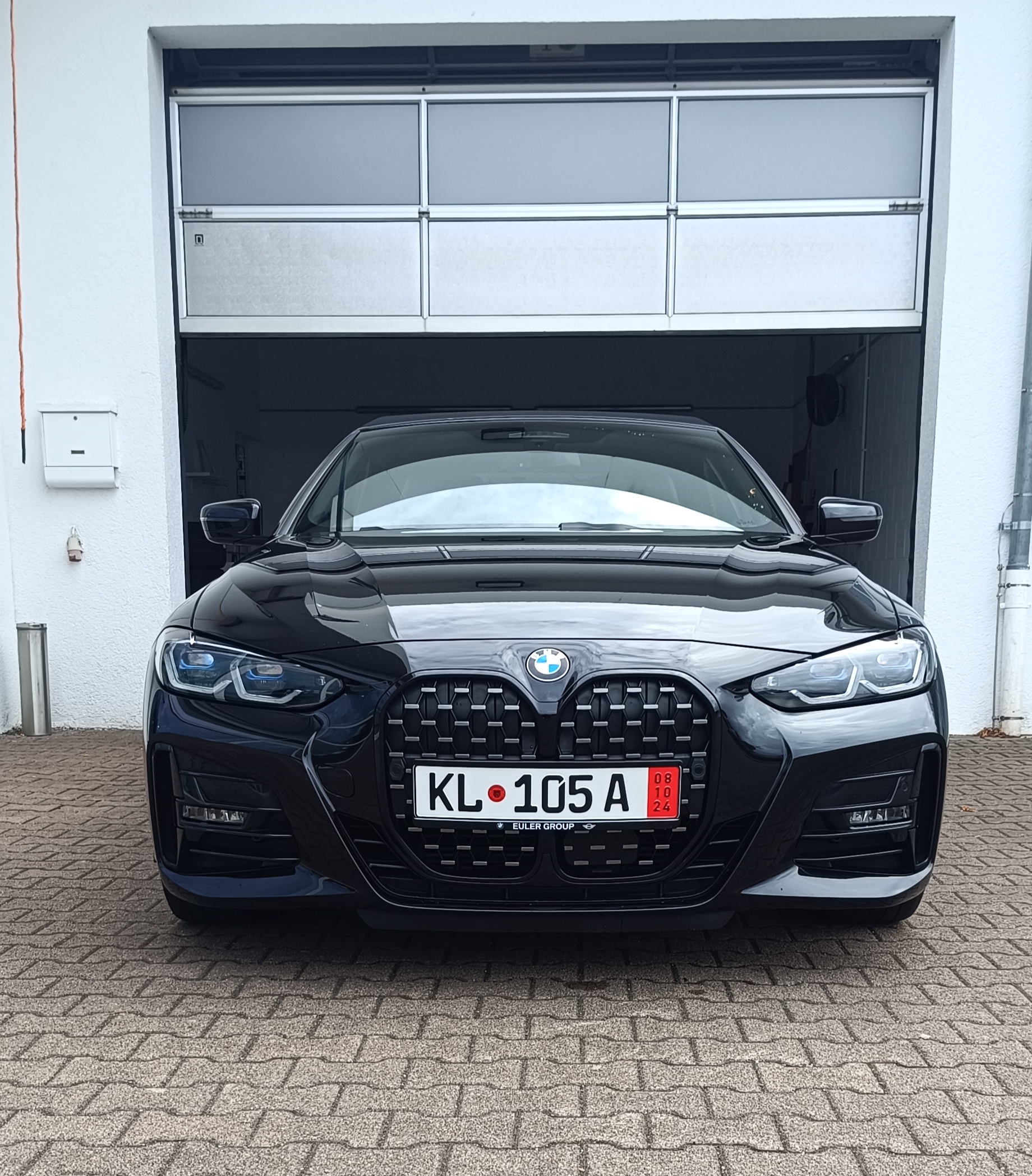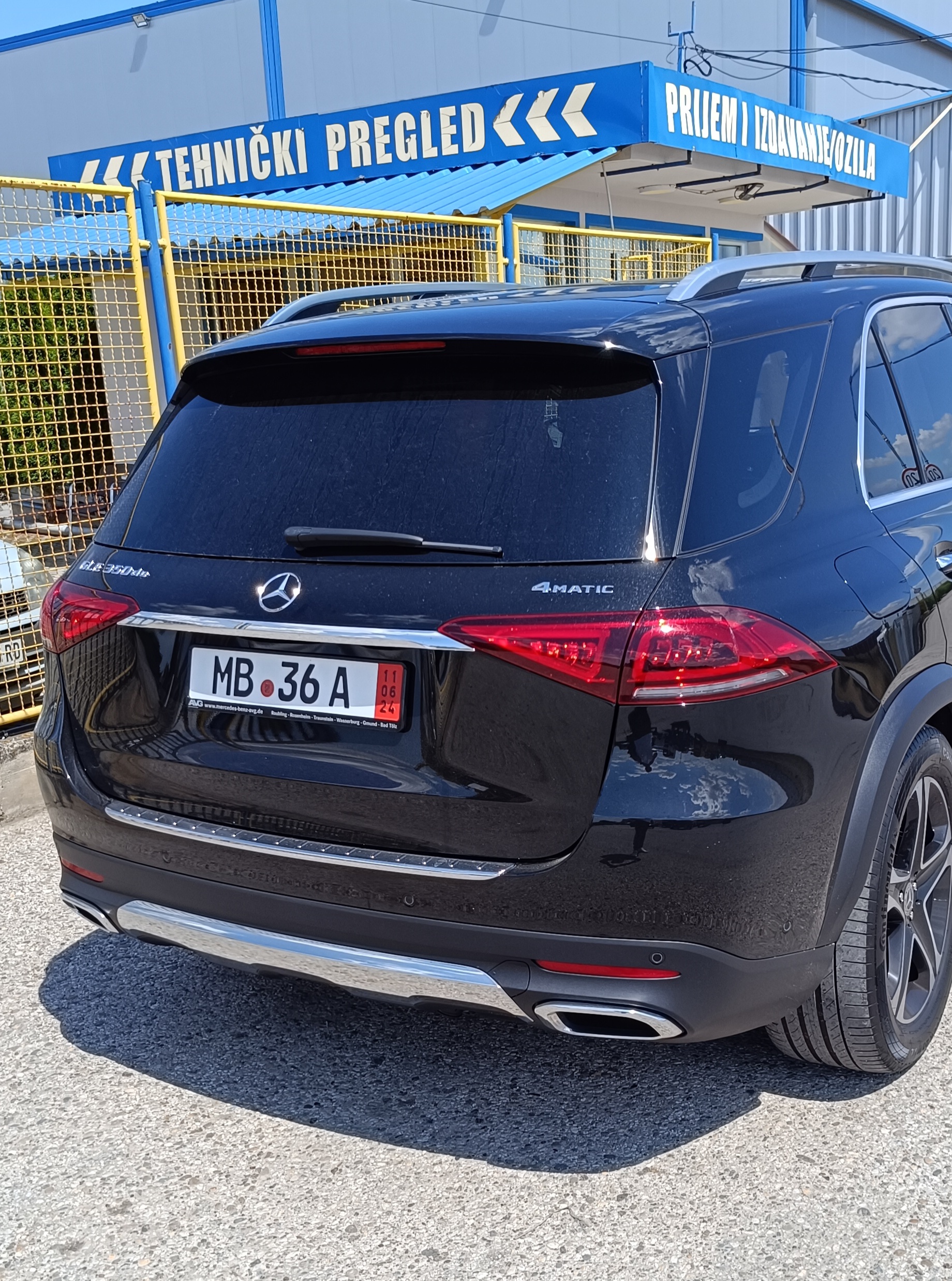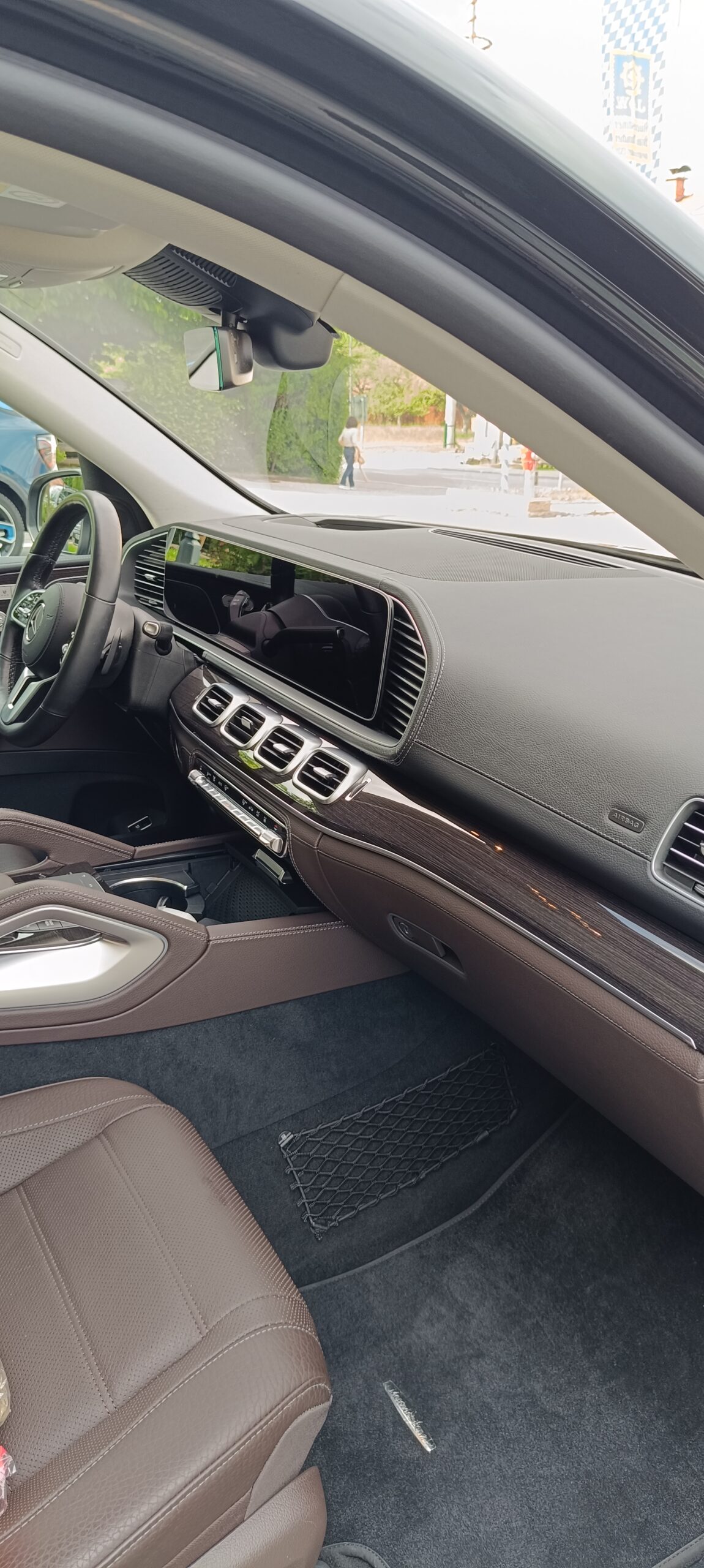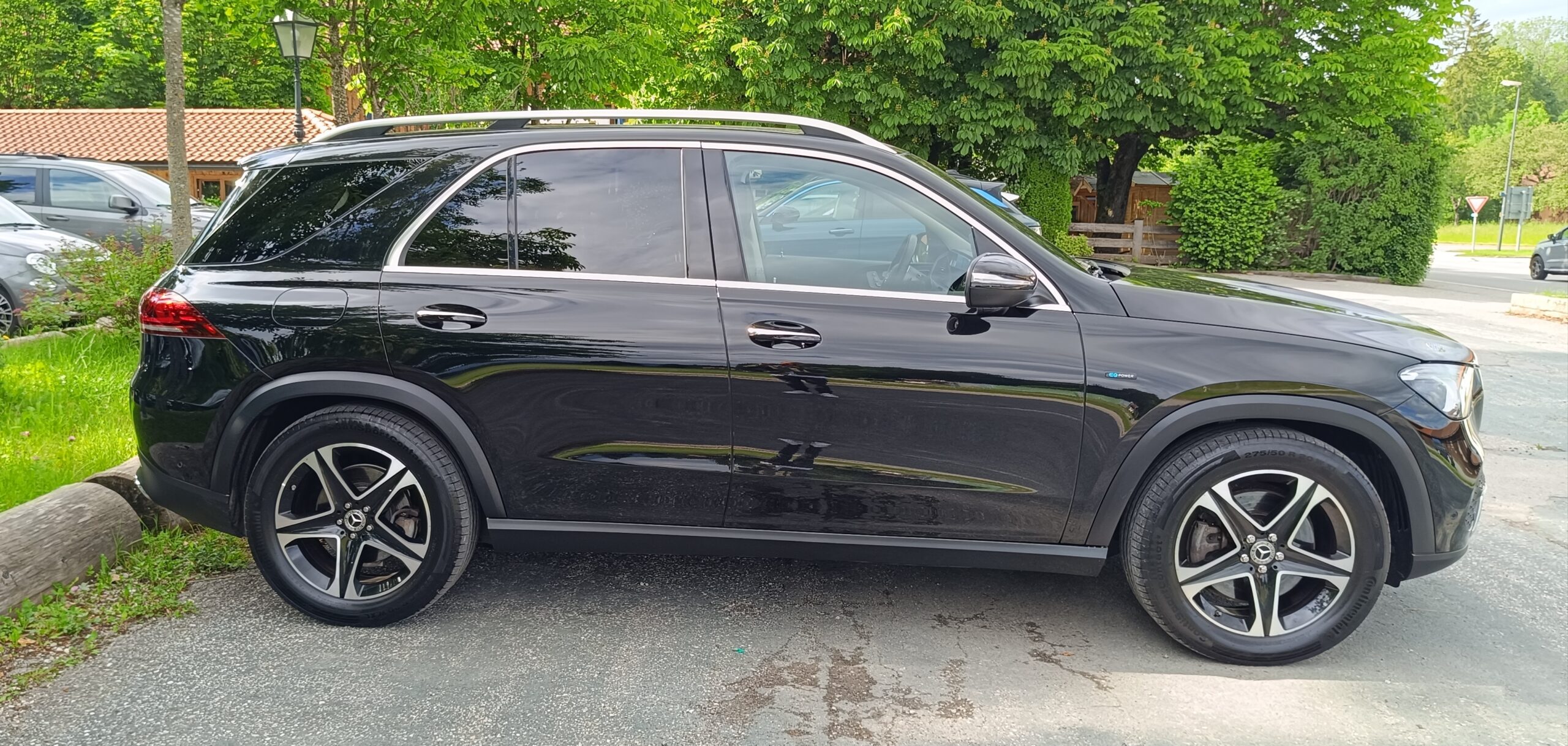Germany’s automotive market is renowned for its diversity and quality, offering an extensive selection of vehicles ranging from brand-new, cutting-edge models to reliable, well-maintained used cars. Whether you’re looking for a luxury sedan, a practical family vehicle, or an eco-friendly electric car, Germany’s car market has something for every preference and budget. However, to buy and to import a car from Germany involves more than just finding the right vehicle. The process requires meticulous planning and a strong understanding of legal, financial, and logistical details. From verifying the car’s history and negotiating with sellers to arranging transportation and ensuring compliance with import regulations in your country, each step demands careful attention. For international buyers, understanding the nuances of customs duties, taxes, and registration processes is essential to avoid unexpected complications or costs. Proper preparation ensures a smooth experience, making Germany a top destination for purchasing high-quality vehicles.

This guide will walk you through the steps and highlight what you should be aware of to ensure a smooth and successful transaction.
How to Buy a Car in Germany from Montenegro
- Research the Market
Before making a purchase, take the time to research cars available in Germany that meet your needs and budget.
Key Considerations:
- Type of Car: Decide whether you want a new, used, or certified pre-owned vehicle.
- Fuel Type: Consider whether petrol, diesel, hybrid, or electric best suits your needs.
- Budget: Factor in additional costs like import duties, taxes, travel, hotels and transportation to Montenegro.
Where to Search:
- Online Platforms: Trusted sites like Mobile.de.
- Dealerships: German dealerships are known for their transparency and quality assurance.
- Auctions: For potential bargains, explore online car auctions or dealerships offering discounted vehicles.
- Verify the Vehicle and Seller
Before making a commitment, thoroughly verify the car and the seller.
What to Check:
- Vehicle History: Use the Vehicle Identification Number (VIN) to check for accidents, mileage fraud, or other issues.
- Service Records: Look for a complete maintenance history.
- TÜV Certificate: Ensure the car has passed the German roadworthiness test.
- Seller’s Reputation: Read reviews for dealerships or confirm the legitimacy of private sellers.
Key Tip:
- Avoid deals that seem too good to be true or vehicles with incomplete documentation.
- Purchase the Car
Once you’ve found the right vehicle and verified its condition, finalize the purchase with a sales contract.
What the sales contract Should Include:
- Buyer and seller details.
- Vehicle details: make, model, year, VIN, mileage, and condition.
- Price and payment terms.
- Warranty or guarantee details (if applicable).
- Arrange Export Plates and Insurance
To legally drive the car from Germany to Montenegro, you’ll need export plates and temporary insurance.
Steps to Obtain Export Plates:
- Visit the local registration office.
- Provide the sales contract, vehicle documents, and proof of identity.
- Obtain temporary insurance (usually valid for 15–30 days).
- Pay the registration fee and receive your export plates.
- Transportation Options
You have two main options for getting the car to Montenegro:
- Drive It Yourself: Suitable if the car is roadworthy and has export plates. Offers the chance to inspect the car further during the journey.
- Hire a Transport Company: Useful for non-roadworthy cars or if you prefer convenience. Ensure the company is reputable and provides insurance for the shipment.
- Customs Clearance in Montenegro
When the car arrives in Montenegro, it must go through customs.
What You Need for Customs Clearance:
- Original Documents: sales contract, registration certificate and export plates.
- Customs Declaration: Submit a declaration to Montenegro’s Customs Authority.
- Import Taxes: Pay applicable VAT, customs duties, and excise taxes based on the car’s age, engine size, and CO₂ emissions.
- Register the Car in Montenegro
To legally drive your car in Montenegro, you must register it.
- Technical Inspection: Ensure the car complies with Montenegrin standards.
- Submit Documentation: Provide customs clearance papers, insurance, and original vehicle documents.
- Pay Registration Fees: This includes the cost of license plates and registration.

What You Should Be Aware Of buying a car from Germany to Montenegro
- Hidden Costs:
VAT in Germany (19%) is refundable for export purchases, but confirm the process with the seller.
Import taxes and duties in Montenegro can significantly increase the total cost.
- Emission Standards:
Ensure the car meets Montenegrin environmental regulations to avoid issues during registration.
- Language Barriers:
If you don’t speak German, consider hiring a translator or consultant to assist with negotiations and paperwork.
- Fraud Risks:
Scams can occur, especially with private sellers or online deals. Always verify the legitimacy of the car and seller.
- Time Management:
The entire process, from purchase to registration, can take several weeks. Plan accordingly to avoid unnecessary delays.

Conclusion about buying and importing a car from Germany to Montenegro
Buying and importing a car from Germany to Montenegro can be an appealing prospect, given the high-quality vehicles and competitive prices. However, the process of selecting, purchasing and importing a car is complex, involving legal, logistical, and financial challenges. It requires careful planning, thorough research, and adherence to both German and Montenegrin regulations. For this reason, many buyers choose to hire a car consulting agency to handle the process. These professionals bring expertise, efficiency and peace of mind, ensuring your dream car arrives in Montenegro without unnecessary stress or any bad surprises.
If you’re considering buying a car from Germany with the help of a car consulting agency and have any questions, feel free to reach out to us at: www.car-hunter.org

